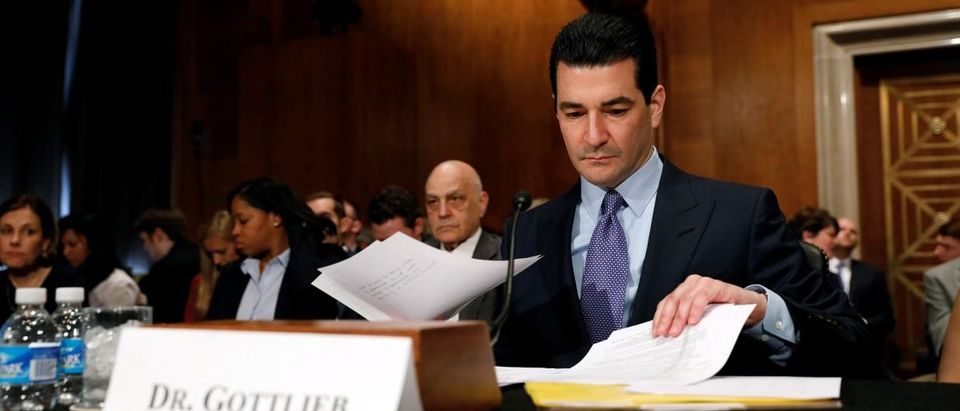In a recent tweet, FDA Commissioner Scott Gottlieb wrote the following:
Adults can’t favor preserving properly regulated e-cigarettes as an alternative for smokers who quit combustible tobacco, and not at same time vigorously oppose child access to e-cigs. The industry isn’t sustainable if it leads to a whole generation of youth initiation on tobacco
— Scott Gottlieb, M.D. (@SGottliebFDA) February 17, 2018
This 43-word statement offers remarkable insight into the mindset of FDA officials. It is one of the most disturbing statements the FDA has ever made about tobacco product regulation.
First, this statement is basically a demand for a loyalty oath. There are vaping advocates who dutifully and habitually recite that minors should never vape. Some genuinely share the FDA’s views. Some, however, are just being political and believe that the only important problem caused by teenage vaping is facilitating attacks on vaping.
Many informed observers are not particularly bothered by teenage vaping. Many even think it is good on net. Vaping is not substantially risky, if at all. The hype about the effect of nicotine on adolescent brains is clearly overblown, and there is really no solid evidence that the experience is harmful. Vaping is undoubtedly substituting for smoking among teenagers, which is worse by any measure, and probably for other risky behaviors like drinking alcohol or smoking cannabis, which are far worse by most measures. Thus a reasonable person could consider teenage vaping to not be an important problem.
Thus, to use the words of the tweet, adults most definitely can favor preserving e-cigarettes and not at the same time vigorously oppose “child” (teenage) access. Even those who agree that teenage vaping is unfortunate are under no obligation to vigorously oppose it, even in spirit, let alone with actions. Many who believe that it would be better if teenagers stopped vaping, ceteris paribus, also believe that the proposed policies have more costs than benefits.
But Gottlieb is effectively demanding that those who want to preserve vaping as an alternative to smoking — or merely like to vape — swear support for the FDA’s positions: Teenage vaping is a scourge and, moreover, aggressive policies to stop it are justified. Support this, or else.
Or else what? The passive-aggressive threat is that if everyone does not vigorously support the FDA’s goals, then “preserving” e-cigarettes will not happen because the industry is not “sustainable.” These are fairly obviously threats that the FDA will shut down the (legal) vapor product market in the U.S. After all, FDA restrictions are the only threat to the preservation of that market and the only reason it might become unsustainable.
Moreover, Gottlieb is not just demanding universal loyalty to his political opinion. The second sentence suggests that the FDA will destroy the market unless someone (vapers, advocates, or industry — it is not really clear) actually fixes what he considers a problem. This is basically impossible. How can vapers “vigorously oppose” teenage vaping, other than rhetorically? How could they stop vaping from replacing smoking as the preferred source of nicotine for teenagers, even if they want to? Thus Gottlieb is presenting an impossible condition and declaring that it, when it is inevitably not met, is an excuse for destroying the legal market.
Obviously this tweet should not be interpreted as a formal notice of rulemaking. But neither should it be dismissed as a meaningless utterance. A statement like this is a window into agency attitudes and behind-the-scenes conversations. No official would write this if he did not feel it was a punishable offense to not support his view, and if he was not willing to destroy the market if his goal is not magically met.
Perhaps most disturbingly, this tweet reads like the words of a domestic abuser, telling the future victims of product bans that they are to blame. “You brought this on yourself! You are making me do this to you!” This is the script of many abuse situations, with the abuser portraying his actions as inevitable punishment for some supposed failing. Often this is for something the victim could not possibly have changed, as with vapers magically stopping teenage vaping. As for the possibility that the victim might not share the abuser’s view of how their world should be, that matters not at all and she dare not mention it.


